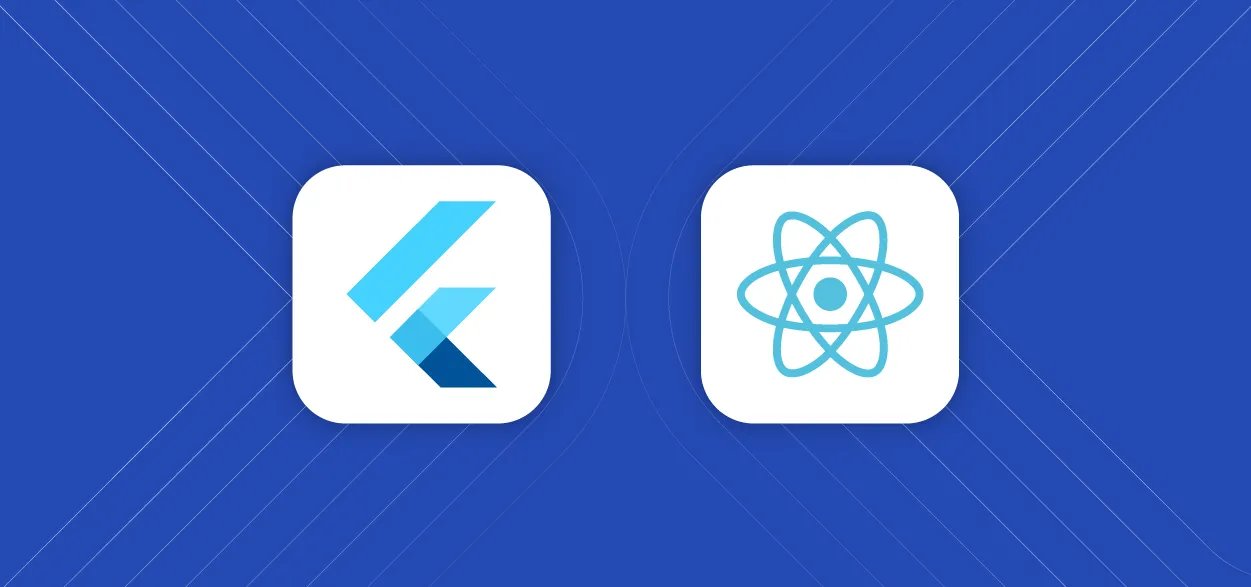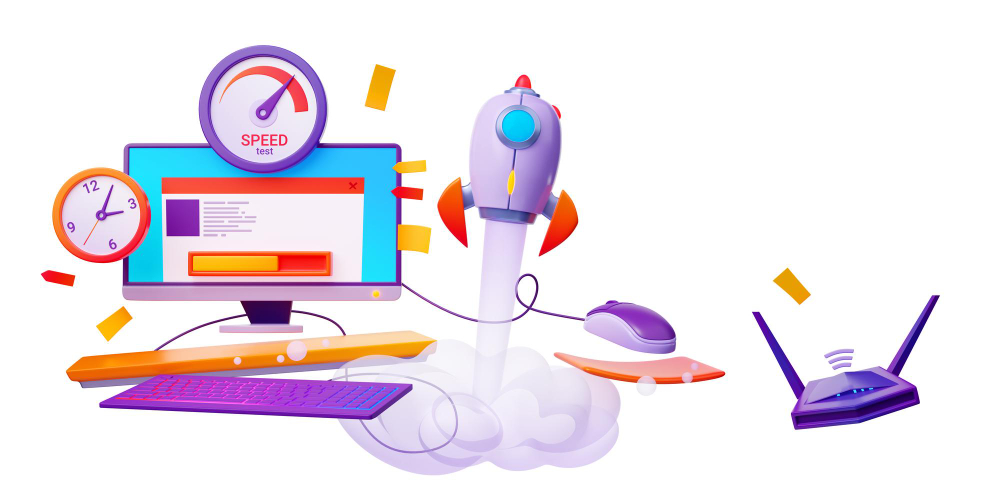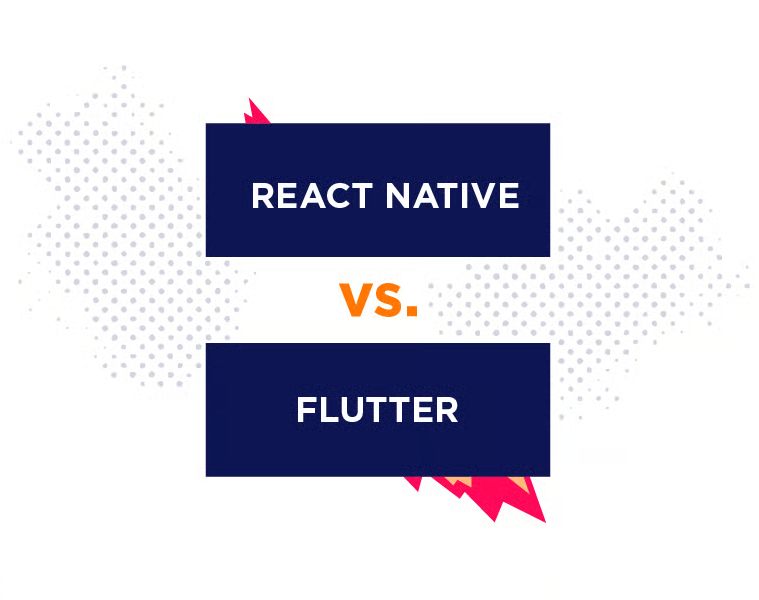The selection of the appropriate mobile application development framework is very instrumental in developing scalable, high-performance, and appealing applications. By the year 2025, Flutter vs react native will still be leading in cross-platform development. To Canadian-based businesses interested in creating apps that are both cost-effective and feature-rich, it is possible to make the best choice based on the strengths and weaknesses of each framework.
This blog will compare and contrast Flutter vs React Native on a case-by-case basis by looking at their performance, speed of implementation, UI features, and community support to assist businesses in Canada to select the appropriate framework upon which to build their mobile apps.
Flutter vs React Native: A developer-to-developer comparison 
The Flutter or React Native decision depends on the many factors such as performance requirements, customization of UI, development rate, and team skills when initiating a mobile project. The key differences, let us see those.
- Dart vs JavaScript Programming Language.
Flutter is based on Dart, a current, strongly-typed programming language. Key advantages:
Good typing and null safety minimize the occurrence of run-time errors and enhance the stability of codes.
Better maintainability and refactoring of larger projects.
JavaScript (or TypeScript), commonly used in web development, is used in React Native. Its flexibility enables quicker development but can as well result in run time errors should types not be carefully handled.
Conclusion: Flutter is advantaged by strong code quality and maintainability particularly in complex applications.
2. User Interface and Rendering.
Flutter offers customizable widgets and built-in rendering engine (Skia and currently Impeller). This allows:
Pixel accurate interface on cross-platform.
Fluid animations and graphics performance.
Same look and feel on any device and any OS version.
The native UI components are employed in React Native, thereby providing a native appearance and feel. Using its new architecture, it now supports libraries such as Skia to do better graphics but uses the JavaScript bridge, which can also impact somewhat on performance.
Decision: Flutter prevails over highly customized and performance-intensive apps. React Native is the best to use where an app demands the native appearance and feel.
3. Speed and Productivity of development
Flutter: Rapid testing of changes with state retention with the help of the hot reload feature. Cross platform reusable code is fast to develop but would need learning of Dart.
React Native: Hot reload is also provided. JavaScript can be developed with third-party libraries, and can be developed more quickly with web experience. 
Verdict: React Native should be used by the teams that want to develop faster using familiar languages, whereas Flutter should be used by the teams that have long-term projects and want to take advantage of its strong performance.
4. Community Effect and Ecosystem.
React Native: was started in 2015, has a huge community, and broad libraries to develop within a short period.
Flutter: Since 2017, this has been growing as a community that is supported by Google. Offers have less third-party packages than react native but are organized with fewer packages.
Conclusion: React Native is ahead of Flutter in terms of community support, but is rapidly gaining ground.
5. Scalability and Performance.
Flutter: Translates to native machine code which can execute apps faster and have less reliance on platform-specific code. Best suited to high graphics, animation based apps and custom interfaces.
React Native: It is a JavaScript bridge that communicates with native modules. The performance is good but may be a little affected in the case of complex applications.
Opinion: Flutter is better in high-performance and resource-intensive applications.
Comparison Table Flutter vs React Native
| Functionality | Flutter | React Native |
| Programming language | Dart | JavaScript/TypeScript |
| UI | Customizable | native UI |
| Performance | High, AOT compilation | Good, JIT compilation |
| Community Support | Growing | Large and mature |
| Speed of Development | Moderate | Fast (when using JS developers) |
| Platform Support | iOS, Android,Web, Desktop | iOS, Android, Web |
| Code Reusability | 95%+ Logic reusable, | UI requires modification |
When to Choose Flutter
- In cases where the app needs a pixel-perfect, really customized UI.
- In case the app has intensive graphics, an animation, or video content.
- In case the project requires rapid releases using a single codebase between iOS and Android.
- Best with small teams having Dart knowledge.
When to Choose React Native
- In case the group possesses knowledge of JavaScript or React.
- In the construction of lightweight applications that have a native appearance.
- In applications that use elements of web or desktop applications.
- In cases where quick growth and general community support are desired.
Conclusion
Flutter vs React Native are still viable competitors in the development of mobile apps in Canada in 2025.
Categories Select Flutter when you need high-performance applications, sophisticated UIs, and cross-platform-consistent designs.
React Native can be selected because development is much faster, the community is widespread, and previous knowledge of JavaScript can be reused.
Noukha technologies are the company that assists Canadian companies in choosing the appropriate framework, designing custom cross-platform applications, and having high-quality and scalable mobile solutions.
Are you about to begin mobile app development? Connect with us to get a consultation!
FAQs:
Q1. What Canadian startups should use when operating on tight budgets?
Flutter is commonly chosen because of its ability to use the same codebase across Android and iOS and accelerated UI customization, which minimized the expenses of development.
Q2. Is it possible to use Flutter or React Native on enterprise applications?
Yes, these two frameworks can be used to build enterprise-grade applications, based on performance and UI needs.
Q3. What is the better-performing framework?
Flutter tends to be more performant owing to Ahead-of-Time Compilation and its special purpose rendering engine.
Q4. Does React Native present fewer learning curves to new users?
React Native is easier to adopt, yes, the familiarity with JavaScript, in particular, helps web developers to move to mobile.
Q5. Is it possible to use both the frameworks to develop cross-platform mobile apps?
Absolutely. Both Flutter and React Native can be developed on a cross-platform basis, including iOS, Android, and Web, and Flutter is also trying desktop platforms.
At Noukha, we’ve helped founders navigate these exact decisions for years. We don’t care about framework wars – we care about building apps that succeed in the real world. Ready to move from analysis to action?


